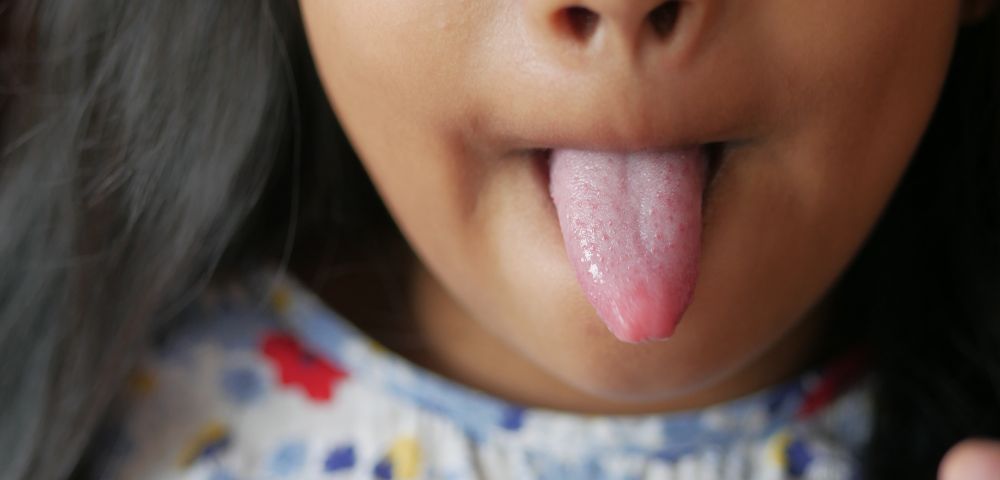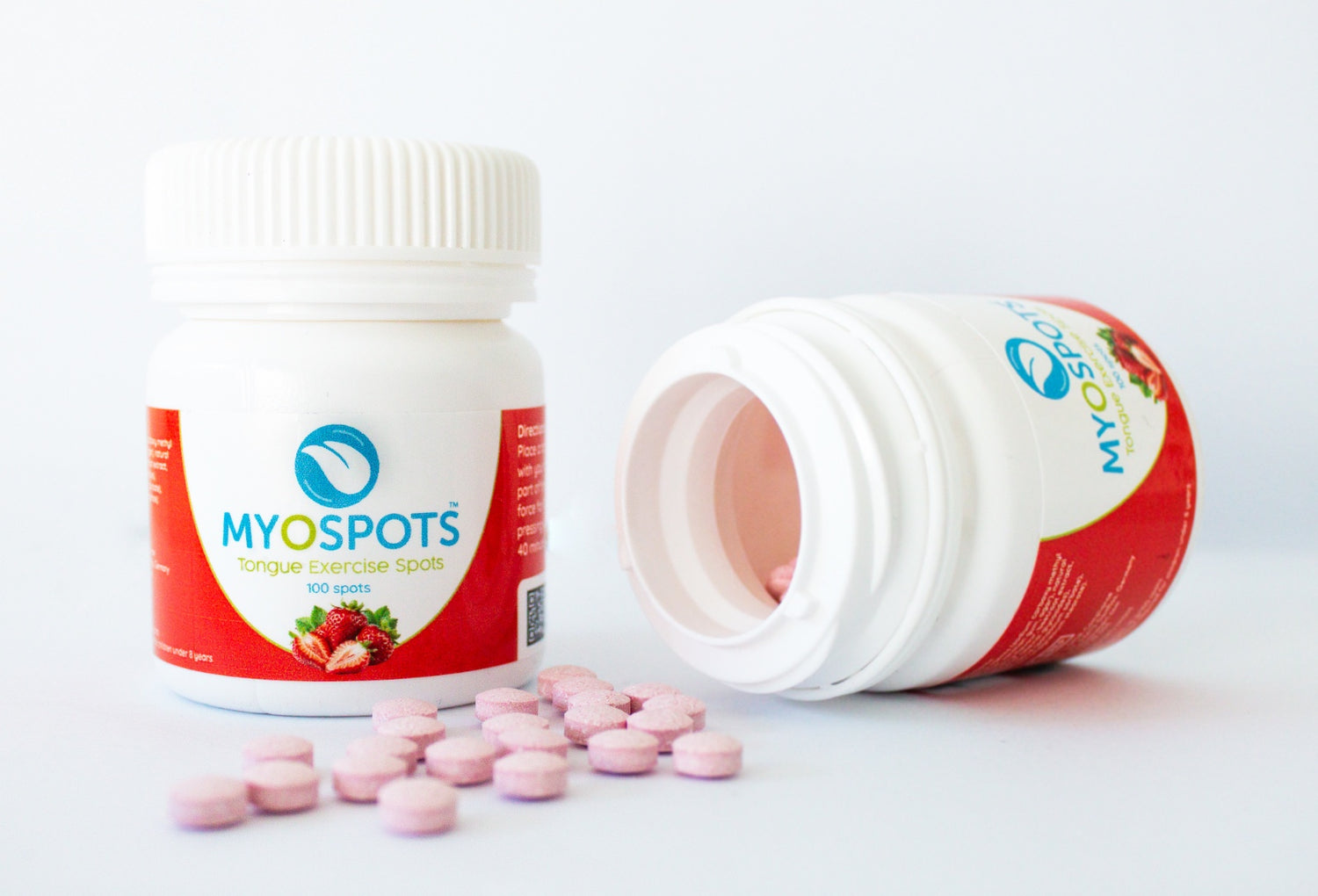What you put in your body has a strong correlation to the health of your body – and the same goes for your mouth.
While there are lots of ways that you can prevent bad breath, eating the right foods, and avoiding the wrong ones, will reduce your risk of bad breath.
Of course, the number one way to fight bad breath is good oral hygiene – so clean your teeth and go to the dentist regularly. But while good oral hygiene is critical for keeping our mouth healthy and clean, there are other things to consider – like what you are eating - if you are worried about bad breath.
Before we look at how food can affect the health of our mouth, let’s take a moment to understand what else might be causing bad breath.
Mouth breathing
Mouth breathing and poor tongue posture are closely related.
Mouth breathing occurs when your tongue sits in the base of your mouth rather than nice and high on the roof of your mouth.
If your mouth breathing is caused by nasal congestion or bad habits, then simply learning to keep your tongue elevated can assist in reverting to nasal breathing. This can prevent chronic mouth breathing in children and adults which causes bad breath and potentially gum disease.
Myospots train your tongue to sit in the correct position in your mouth, which encourages your mouth to close and for you to breathe through your nose. Breathing through your nose has plenty of health benefits but it also helps you avoid potential gum disease and bad breath.
Dry Mouth
Mouth breathing often causes Dry Mouth - you know that feeling when you wake up in the morning and your mouth feels like the Sahara desert? It’s a common condition called Dry Mouth.
Saliva is essential for the functioning of your mouth; as well as helping us digest our food, it removes particles from our mouths that would otherwise hang around like bad smells. When our mouths are open for long periods, we produce less saliva and we are left with dry, and potentially smelly mouths.
While Dry Mouth occurs naturally during sleep – especially if we breathe through our mouths during the night - chronic dry mouth can be caused by diseases or an issue with your salivary glands - so if it’s an ongoing problem for you, consider visiting your dentist.
Along with breathing through your nose and good oral hygiene, what you put in your mouth can affect the health of your mouth and whether or not your breath smells.
Food to avoid to ensure a healthy mouth
- Alcohol and coffee: both of these substances have a drying effect, and will lead to dry mouth and potentially bad breath.
- Onion and garlic: the classic bad breath culprits – but did you know, we absorb the aromas of these pungent spices into our bloodstream, the blood is then taken to your lungs where it affects the smell of your breath. It can take up to 72 hours for these two stinkers to leave your body.
Food to seek out for a healthy mouth
- Parsley: parsley contains chlorophyll which is a natural breath freshener. It may not be delicious but it will leave your mouth feeling fresh.
- Ginger: an enzyme in ginger increases saliva production – which is essential for a healthy mouth.
- Food rich in vitamin C: a vitamin C deficiency can cause, among other things, gingivitis, weakened tooth enamel and affect the overall health of your mouth. Make sure you are getting enough by upping your intake of citrus fruits, berries, spinach, broccoli and tomatoes.
- Water: there’s so many reasons to stay hydrated and we’re adding another one to the list; keeping hydrated ensures adequate saliva production.
- Probiotics: probiotics contain healthy bacteria that fight bad breath causing bacteria. Fermented foods such as miso and sourdough bread are great sources of this, as is yogurt.
- Chewing gum: not just because it smells nice - chewing gum also stimulates saliva production which will wash away bacteria.
So for fresh breath no matter what, combine good oral hygiene with conscious consumption of the right foods (and avoid the wrong ones). And for best results, drink plenty of water and quit smoking.
If you think your bad breath might be caused by your ongoing mouth breathing, it’s time to train your tongue using Myospots. Learn more about how they’ll help today.
All information is general in nature and is not intended to be a substitute for professional medical advice. Your healthcare provider can consult with you to confirm if this advice is right for you.




